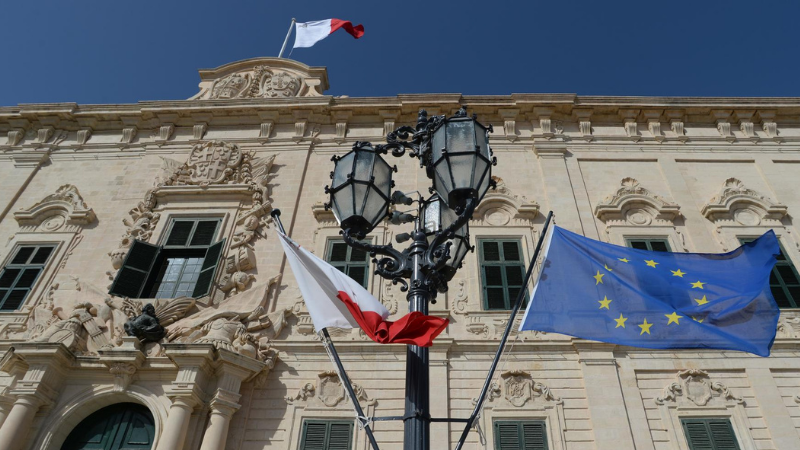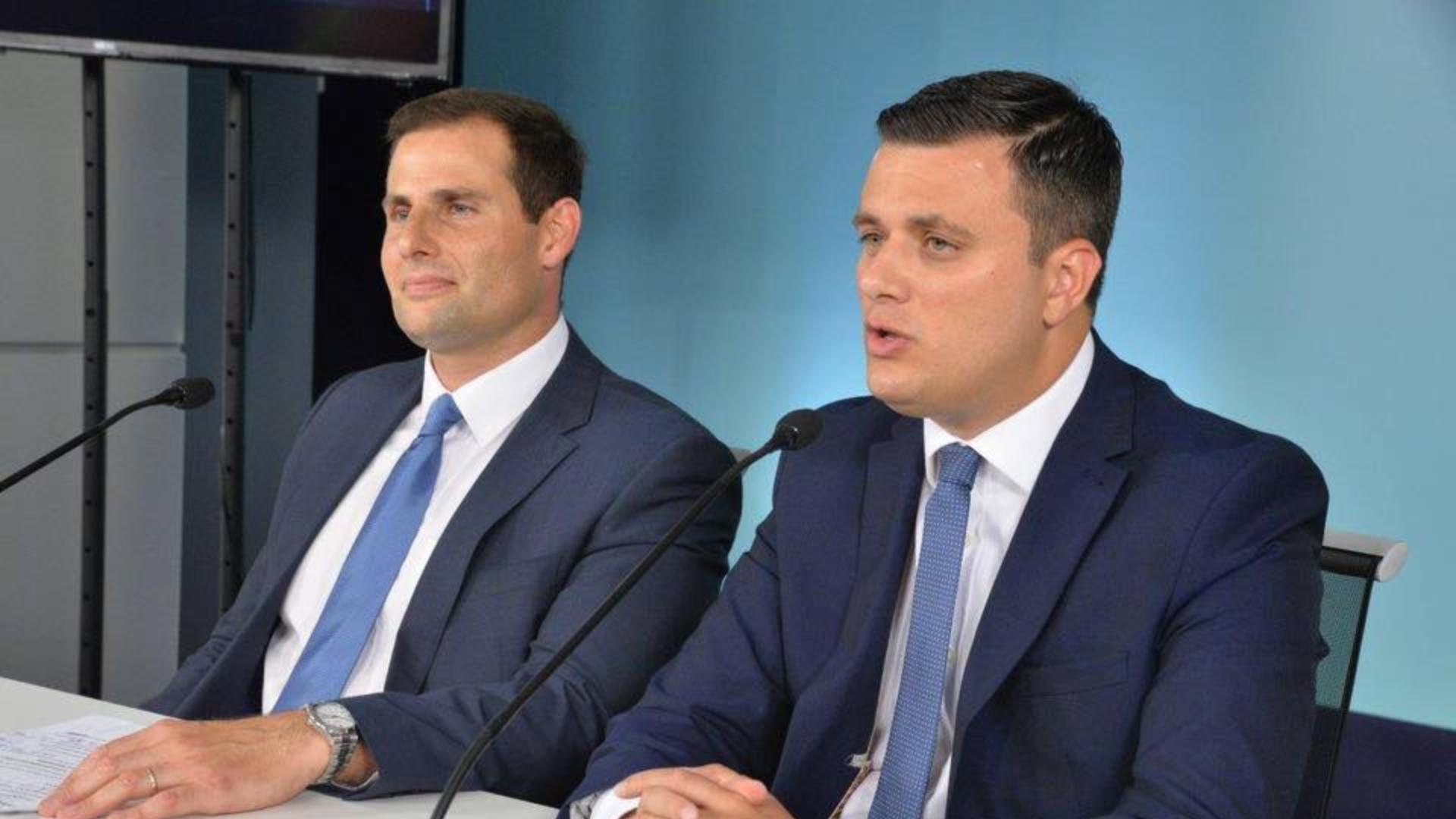The annual report by the Council of Europe’s Platform for the Safety of Journalists has noted how the government of Malta has “failed to implement in good faith” the public inquiry recommendations established after the assassination of Daphne Caruana Galizia in 2017.
Published on Tuesday, the report notes how in 2022, no alert on impunity related to killings of journalists in past years could be marked as ‘resolved‘ on the Platform.
This includes the case of the assassination of Maltese journalist Daphne Caruana Galizia, where although the two hitmen were sentenced to prison, the trial of the alleged mastermind and the bomb suppliers remains pending.
“For the work of the platform and for the work of the Council of Europe to be successful, we need member states to engage. If they don’t engage, we will all fail,” Flutura Kusari, Senior legal advisor of the European Centre for Press and Media Freedom (ECPMF), warned at a press conference this morning at which the report was presented.
Kusari explained how Slovakia and Malta respectively provide good and bad example of such engagement. Describing the recent fact-finding mission by several press freedom organisations to Slovakia to mark the fifth anniversary of the killing of Jàn Kuciak and his fiancée Martina Kušnírová, Kusari said, “We were very happy to see how engaged the public authorities in Slovakia were, they all responded to our requests for meetings and were very open.”
“But we also have bad examples like Malta,” she added, “where the government is refusing to collaborate with civil society organisations. They engaged initially but last October when we were there for a fact-finding mission, we asked for a meeting [with the prime minister] a couple of weeks before and it was refused, we asked while we were in Malta… it was refused”.
“It’s impossible for us, for the platform, for civil society in Malta to carry on with the reforms which result from the public inquiry without the collaboration of the government.
“I am worried because not only do they not collaborate with us but also because they don’t collaborate with civil society in Malta,” Kusari said.
The report, compiled by a group of 15 partner organisations, is based on an analysis of the 289 alerts recorded by the Platform during 2022 and outlines the most significant and serious threats to journalism and press freedom across the region.
In addition to the clear lack of improvement in the press freedom situation in Europe, the report also highlights that Council of Europe member states responded to only 48 alerts. Of these, only 13 were considered ‘resolved’ by the end of the year.
2022 was marked not only by war in Europe but also by a range of new and established methods of silencing independent journalism. These included surveillance and spyware, legal harassment, arrests and detentions, media capture, restrictive legislation and continuing cases of impunity.
On 7 October, the Council of Europe’s Safety of Journalists Platform issued a ‘serious threats to media freedom alert’ on Malta over the government’s rush through parliament of its draft anti-SLAPP legislation without “adequate scrutiny” and that ‘international standards are not being reflected’.
"The EU anti-SLAPP Recommendation is already in force, the proposed directive will hopefully get adopted by summer. By next year hopefully we will have @coe's recommendation on anti-SLAPP. Now it's time for member states to start taking actions against #SLAPPs." – @fluturakusari.
— European Centre for Press and Media Freedom (@ECPMF) March 7, 2023
In its list of recommendations, the report urges the Council of Europe to encourage member states to take measures to effectively address concerns and recommendations for reform put forward by advocacy groups and civil society, notably during the planning and implementation of the forthcoming safety of journalists’ campaign of the Council of Europe.
It also encourages member states to review laws, policies, and practices with particular attention to SLAPPs, (Strategic Lawsuits Against Public Participation) and adopt comprehensive anti-SLAPP legislation that provides for early dismissal of vexatious or abusive lawsuits, imposes the burden of proof on the plaintiff, protect journalists and other media actors against excessive or disproportionate penalties, minimises the harm caused to SLAPP victims, and applies dissuasive sanctions against those who use SLAPP.
The full report can be read here.













